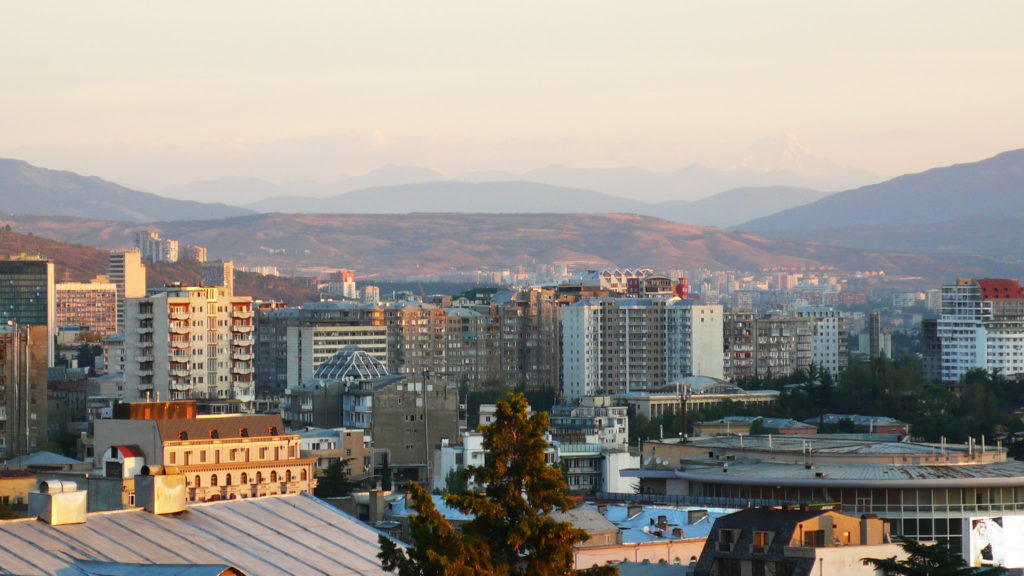26.02.2021
An opinion by Markéta Gregorová,Greens/EFA MEP

In approximately a week, Georgia will celebrate the first anniversary of the so-called 8th March Agreement. Last year, after months of demonstrations of citizens, the government and opposition started a process of transforming the electoral system towards a proportional and fairer one. However, what looked like a success and a step towards being back on track of democratization turned into a more significant crisis yet.
Even though the electoral reform passed after some turmoil and Georgian citizens voted for the first time proportionally, the success ended there. Immediately after the elections in October – where Georgian Dream, the leading party, got 48 % of votes – the opposition, which joined forces and together received 27 %, attacked the elections for being fraudulent. Based on these accusations, they filed complaints about rigged polls and intimidation of voters and refused to take their seats in Parliament. Since then, the country is in a parliamentary crisis, admittedly with both sides making steps that even more undermine their mutual trust. Everything escalated this week when the biggest opposition party (UNM) leader, Nika Melia, was arrested under accusations of inciting violence in the 2019 protests. He denies it as a political case.
Solving the problem with political prisoners and releasing them has been part of the 8th March Agreement. And although the electoral process has been dealt with, the situation around prisoners is not. The judiciary must remain fair, independent and accountable. After those four months of the crisis, the recent developments should be for the European Union the last signal to step up our efforts and help resolve the situation. The ongoing political polarisation only serves to undermine Georgia’s democracy. All sides therefore have to work on de-escalating the situation through constructive dialogue.
I acknowledge the work of the EU representatives in Tbilisi and appreciate all the current attempts to mediate the situation. However, as we can see, they are not enough. The current government’s ambition to request accession to the EU in 2024 is hope – and a building stone. We, as the European Parliament, need to send a strong signal in order to let Georgians know that we watch the situation very closely and care about their democratic future, that we are willing to not only debate on the plenary but also be on the ground. We should send a European Parliament mission to strengthen mediation efforts. Not because the mediators already in Georgia are not sufficient, but because only something out of the ordinary can unstuck what has been stuck for so long.
Author
